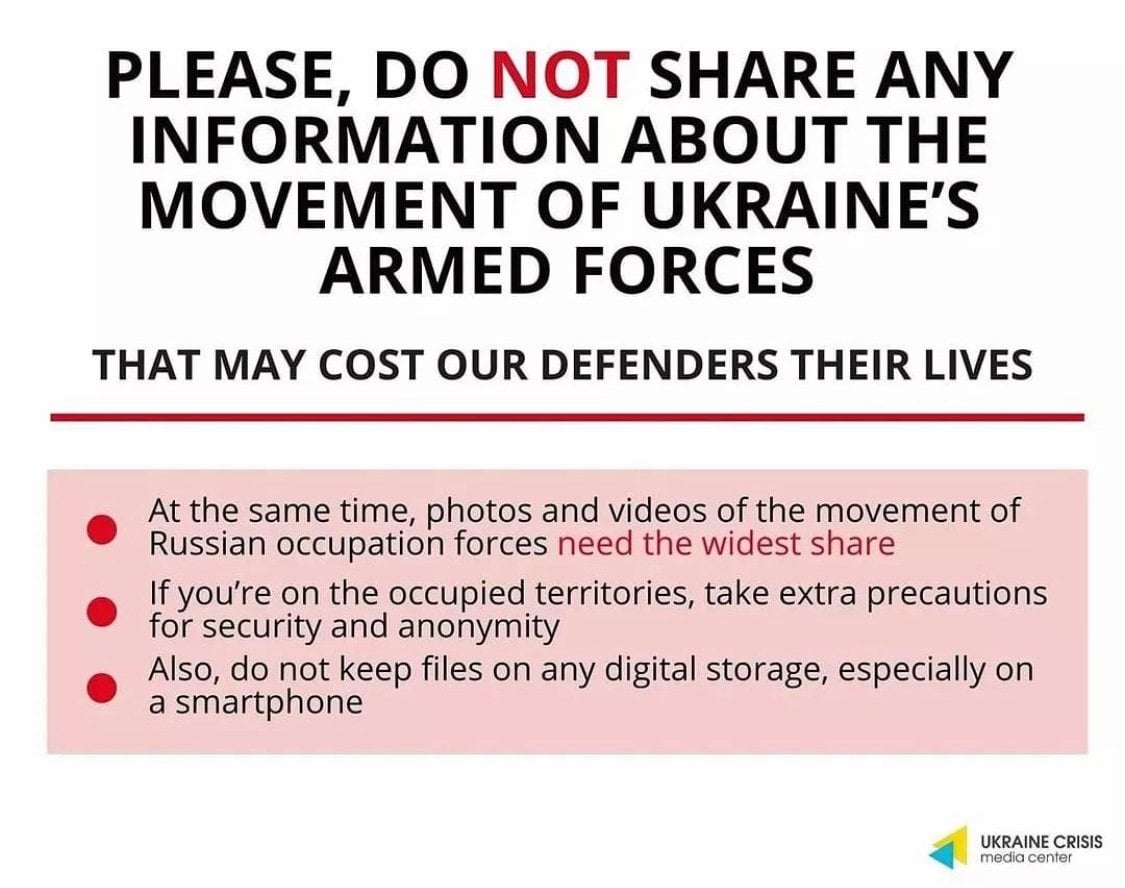The ongoing conflict in Ukraine has captured global attention, with the Russo-Ukrainian War, commonly known as the Russian invasion of Ukraine, dominating headlines and discussions. As the situation continues to unfold, it is crucial to stay informed through reliable news sources and adhere to the community guidelines set forth for respectful and constructive discourse. This megathread serves as a platform for meaningful discussions and updates on the crisis, emphasizing the importance of maintaining civility and accuracy in information sharing.
Amidst the chaos and uncertainty, reputable news outlets such as The Guardian, Associated Press, BBC News, Al Jazeera English, and the Financial Times provide valuable insights and updates on the evolving conflict. These sources offer a comprehensive view of the Russo-Ukrainian War, shedding light on the geopolitical implications and human impact of the ongoing crisis. Keeping abreast of the latest developments through these channels is essential for understanding the complex dynamics at play in the region.
In an effort to promote constructive dialogue and combat misinformation, the extended rules for the r/europe community underscore the importance of respecting all individuals affected by the conflict, regardless of their nationality.
Hate speech targeting civilians of any nationality involved in the conflict is strictly prohibited
, emphasizing the need for empathy and sensitivity in discussions. Additionally, the guidelines highlight the significance of verifying information before sharing it, emphasizing the role of reputable sources in combating the spread of unverified reports and false narratives.
The submission rules for the r/europe front-page serve to filter out irrelevant or potentially misleading content, ensuring that only significant updates and developments in the conflict are shared with the community. By restricting certain domains and content types, the moderators aim to maintain the integrity of discussions and prevent the dissemination of unreliable information. These measures are essential in fostering a safe and informative environment for members to engage in meaningful conversations about the Russo-Ukrainian War.
As the conflict escalates, the impact on civilians and the urgent need for support become increasingly evident. The influx of refugees fleeing Ukraine underscores the humanitarian crisis unfolding in the region, prompting calls for solidarity and assistance from the international community. Various initiatives and organizations, including those listed in donation threads, offer ways for individuals to contribute to relief efforts and support those affected by the conflict.
Donations play a crucial role in providing aid and resources to those in need, highlighting the power of collective action in times of crisis
.
Navigating the complexities of the Russo-Ukrainian War requires a nuanced understanding of the historical, political, and humanitarian dimensions at play. By engaging with diverse perspectives and reliable information sources, individuals can gain insights into the multifaceted nature of the conflict and its far-reaching implications. As the crisis continues to unfold, staying informed and advocating for peace and justice remain essential pillars of response and solidarity with those affected by the conflict.
In conclusion, the war in Ukraine represents a stark reminder of the human cost of conflict and the urgent need for global cooperation in addressing crises of this magnitude. By upholding principles of empathy, accuracy, and respect in our discussions and actions, we can contribute to a more informed and compassionate response to the challenges facing Ukraine and its people. As we navigate these turbulent times, let us stand in solidarity with the victims of war and work towards a future marked by peace, reconciliation, and hope for all.

Comments